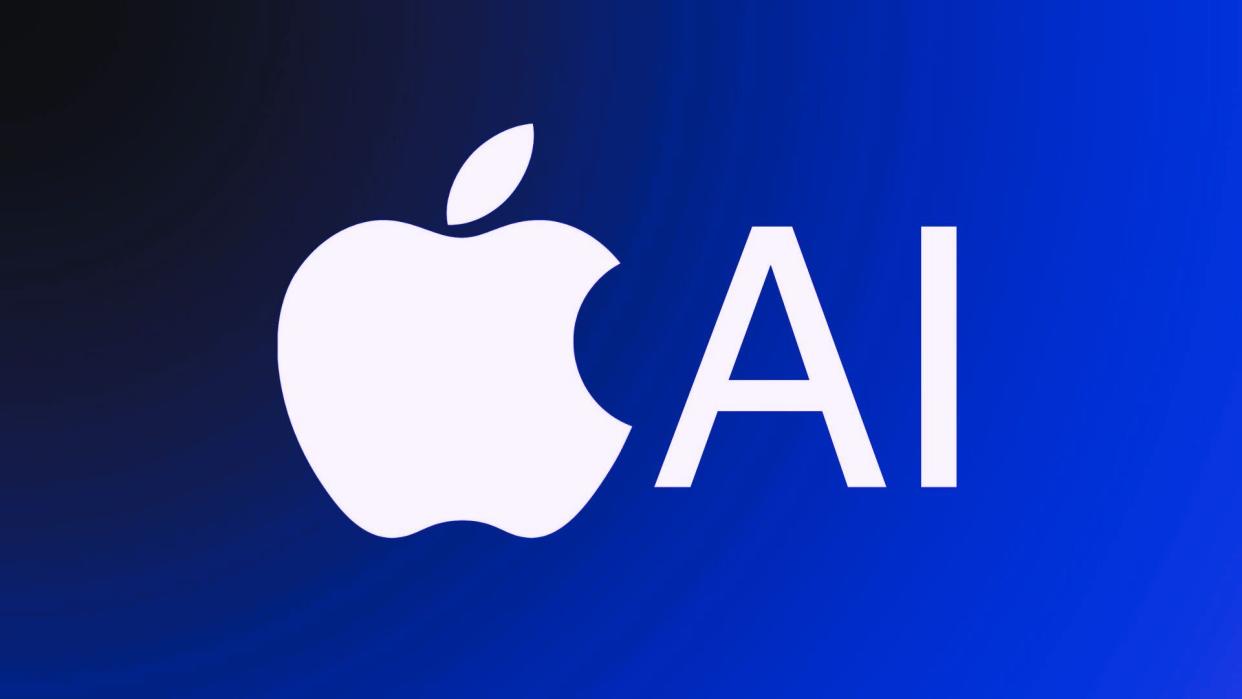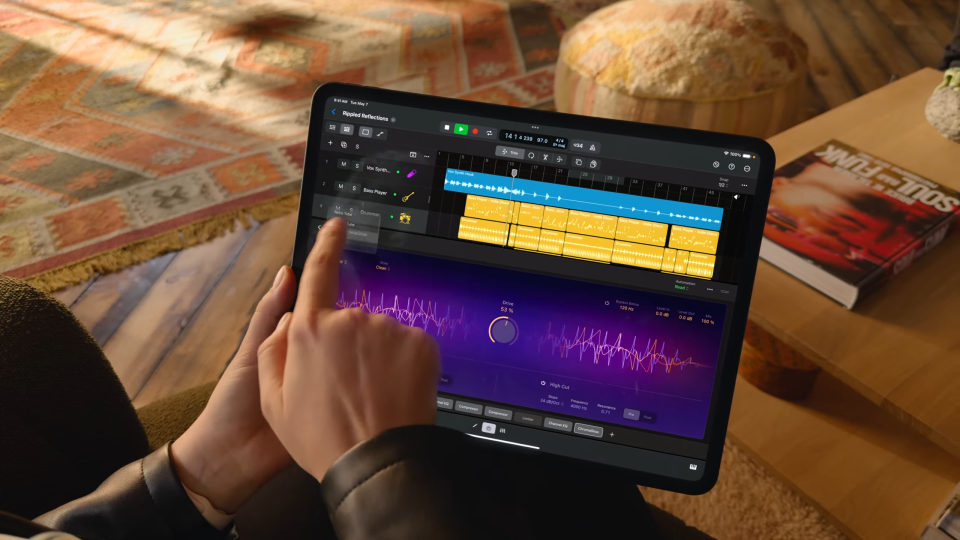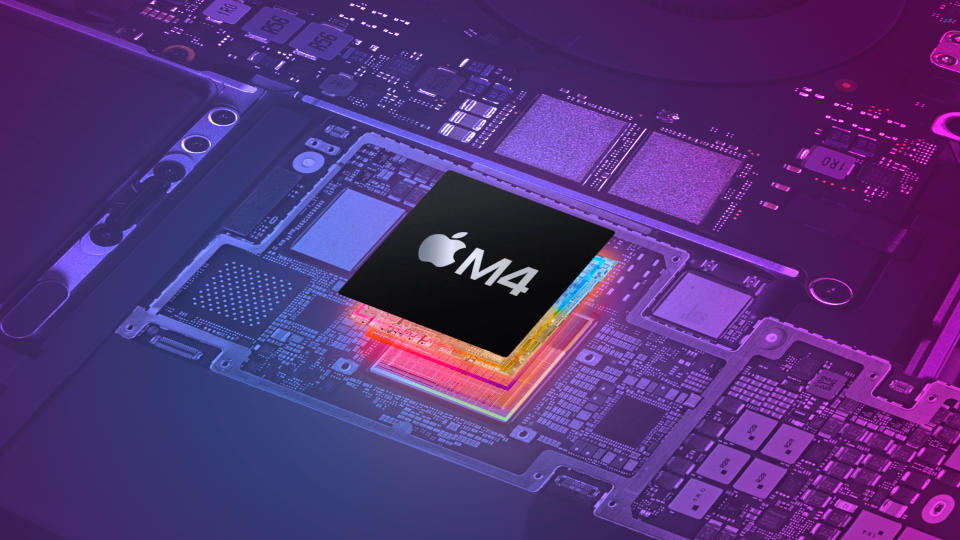Apple's AI features won't run entirely on your device — what it means for your privacy

Apple's highly-anticipated AI features coming to the iPhone, iPad, and Mac will now be split between on-device processing and data centers running Apple chips. This news comes just a month before Apple is expected to unveil major software updates at its Worldwide Developer Conference in June. It contrasts with Apple's history of keeping user data on-device but isn't a major shift from the company's current iCloud model.
Some users are worried that Apple is breaking its privacy promises by storing AI data in the cloud. However, that might not be the case.
Here's what iPhone and Mac users should know about how Apple plans to handle AI data and which devices will get AI features on-device.
Apple to power AI features with data centers running Apple silicon

On Thursday, Bloomberg's Mark Gurman reported that Apple plans to split processing for its upcoming AI features between users' devices and data centers running Apple's M2 chips. The news comes just days after Apple announced the new M4 iPad Pro, which includes the company's most powerful neural engine yet. It's a precursor to Apple's expected unveiling of its new AI features just a few weeks from now at WWDC 2024.
This move is a shift from Apple's history of keeping users' data on their devices to protect privacy. Moving data to the cloud concerns some users, leading to a mixed response on social media.
If you're concerned that Apple will move all user data to the cloud for AI, rest assured that's not the plan. Apple is diverting the most resource-intensive AI tasks to data centers with the computing power to handle them. All basic AI tasks, like summarizing your notifications, will stay on-device.
Any data that gets passed through Apple's data centers will also be protected by Apple's Secure Enclave security protocol, which can isolate data in case of a breach.
Considering its focus on privacy, Apple may take more measures to protect data in its AI data centers, such as end-to-end encryption or anonymized data. The result could resemble the Advanced Data Protection for iCloud program Apple rolled out in 2022. We will have to wait for Apple to unveil its AI plans to get more details, but it's a safe bet that Apple will take extensive steps to protect any user data sent to data centers for AI features.
What happened to on-device AI for Apple products?

One key takeaway from this news is that Apple's upcoming AI features won't be completely on-device. Some will be, but others will require cloud computing. This may surprise some Apple fans since, up until recently, rumors indicated that Apple was focusing on on-device AI. Mark Gurman previously reported that on-device AI is a big focus behind the upcoming M4 Mac line-up.
However, Apple seems to have pivoted a bit, although this shift has been coming for a while now. It's no secret that Apple has been investing heavily in AI servers over the past couple of years, indicating that the company had plans to run AI at least partially from the cloud.
This boils down to two main types of AI features we can expect to see in the new versions of iOS, iPadOS, and macOS. On-device AI features will include quick, simple tasks that don't require much processing power. Off-device AI features will utilize the greater processing capabilities of data centers to do more intense tasks, such as summarizing large pieces of content or generating new content.
The big question now is where Siri fits into all this. One of the biggest rumors surrounding iOS 18 is a complete overhaul of Apple's digital assistant that could include a large language model like Google Gemini or ChatGPT. LLMs require a lot of processing power, so it will be interesting to see how Apple rolls out a more advanced Siri AI while protecting user data.
Which Apple products will have on-device AI features?

If you're excited to try out the new AI features coming to iOS, iPadOS, and macOS, you might need certain devices. Older Apple products likely won't be able to run on-device AI features, so those features will be limited to only newer products, such as the iPhone 15 and M4 iPad Pro.
This isn't just Apple trying to get you to upgrade your tech. There are legitimate hardware requirements for on-device AI. Apple's newest iPhones, iPads, and Macs sport neural engines capable of high processing power for AI tasks. Older devices don't have the necessary hardware.
We won't know which Apple products will get the latest on-device AI features until Apple makes an official announcement, most likely at WWDC 2024. However, it's a safe bet that the iPhone 15 line-up and M4 iPad Pro will be eligible. The M3 and M2 Macs and the M2 iPads could also be compatible. So, if you have a fairly recent Apple device, there's a good chance you'll be able to use on-device AI features.
